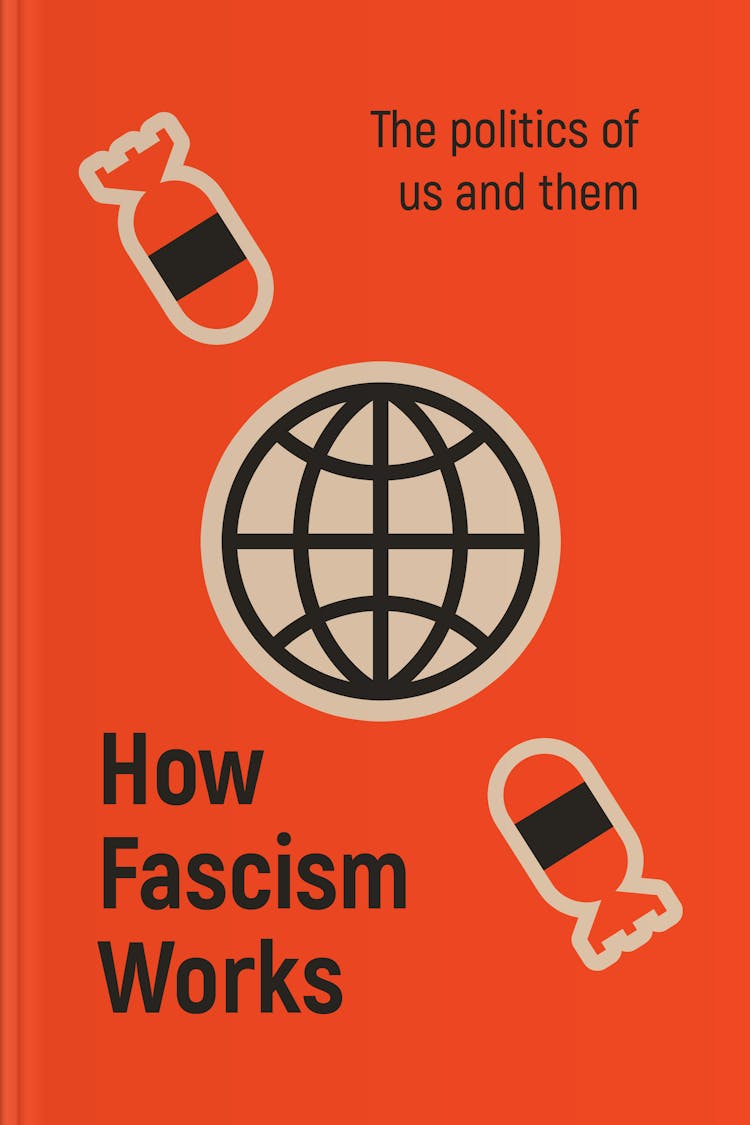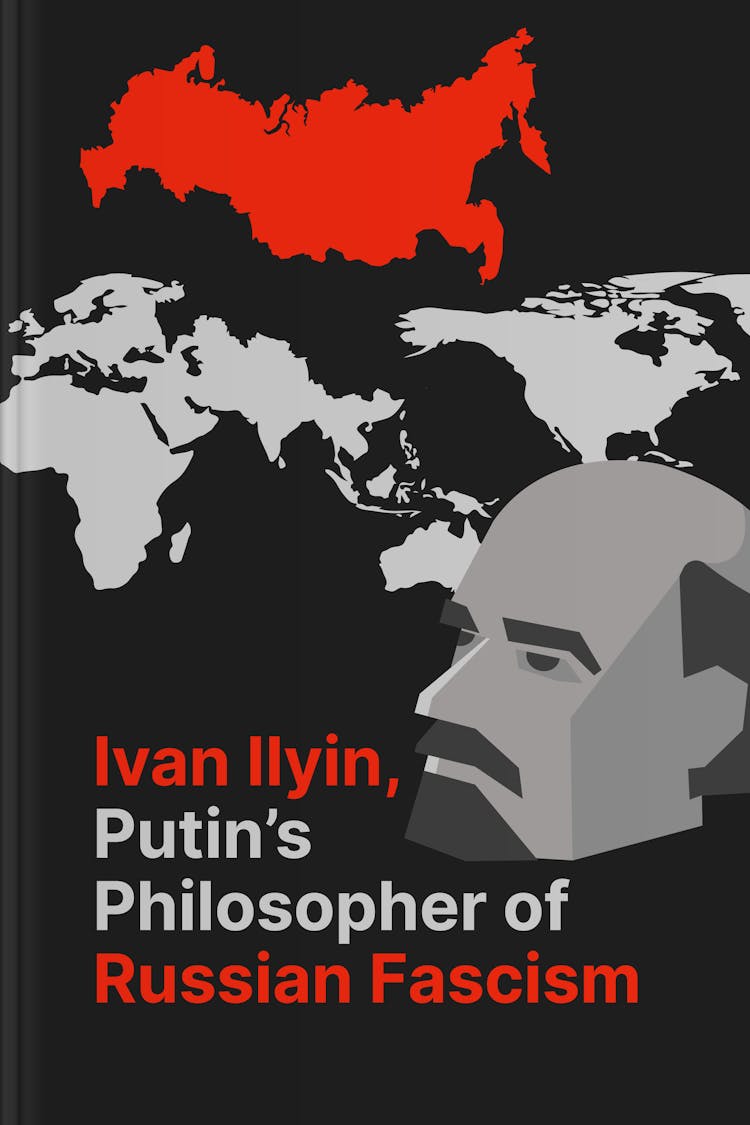2 Best Nationalism Books
Discover a curated collection of nationalism books exploring the historical, cultural, and political aspects of this powerful ideology.
 1
1How Fascism Works
by Jason Stanley
What is How Fascism Works about?
In this thought-provoking book, the author delves into the intricate workings of fascism, exploring its underlying principles and tactics. Through a comprehensive analysis, he reveals how fascist ideologies manipulate language, exploit fear, and target vulnerable groups to gain power. Drawing on historical examples and contemporary politics, Stanley offers a compelling examination of the dangerous rise of fascism and its impact on society, urging readers to recognize its signs and actively resist its divisive tactics.
Who should read How Fascism Works
Individuals interested in understanding the historical and contemporary manifestations of fascism.
Political science students seeking a comprehensive analysis of fascist ideologies.
Citizens concerned about the rise of authoritarianism and its implications.
 2
2Ivan Ilyin, Putin’s Philosopher of Russian Fascism
by Timothy Snyder
What is Ivan Ilyin, Putin’s Philosopher of Russian Fascism about?
"Ivan Ilyin, Putin’s Philosopher of Russian Fascism" by Timothy Snyder delves into the life and ideology of Ivan Ilyin, a prominent Russian philosopher who greatly influenced Vladimir Putin's political beliefs. Snyder critically examines Ilyin's writings and their impact on Putin's regime, shedding light on the rise of Russian nationalism and the resurgence of authoritarianism in contemporary Russia. This thought-provoking book offers valuable insights into the intellectual underpinnings of Putin's rule and its implications for Russia and the world.
Who should read Ivan Ilyin, Putin’s Philosopher of Russian Fascism
Scholars and researchers interested in understanding the intellectual roots of Putin's regime.
History enthusiasts seeking insights into the influence of Ivan Ilyin on contemporary Russian politics.
Individuals curious about the ideological underpinnings of Russian fascism.
